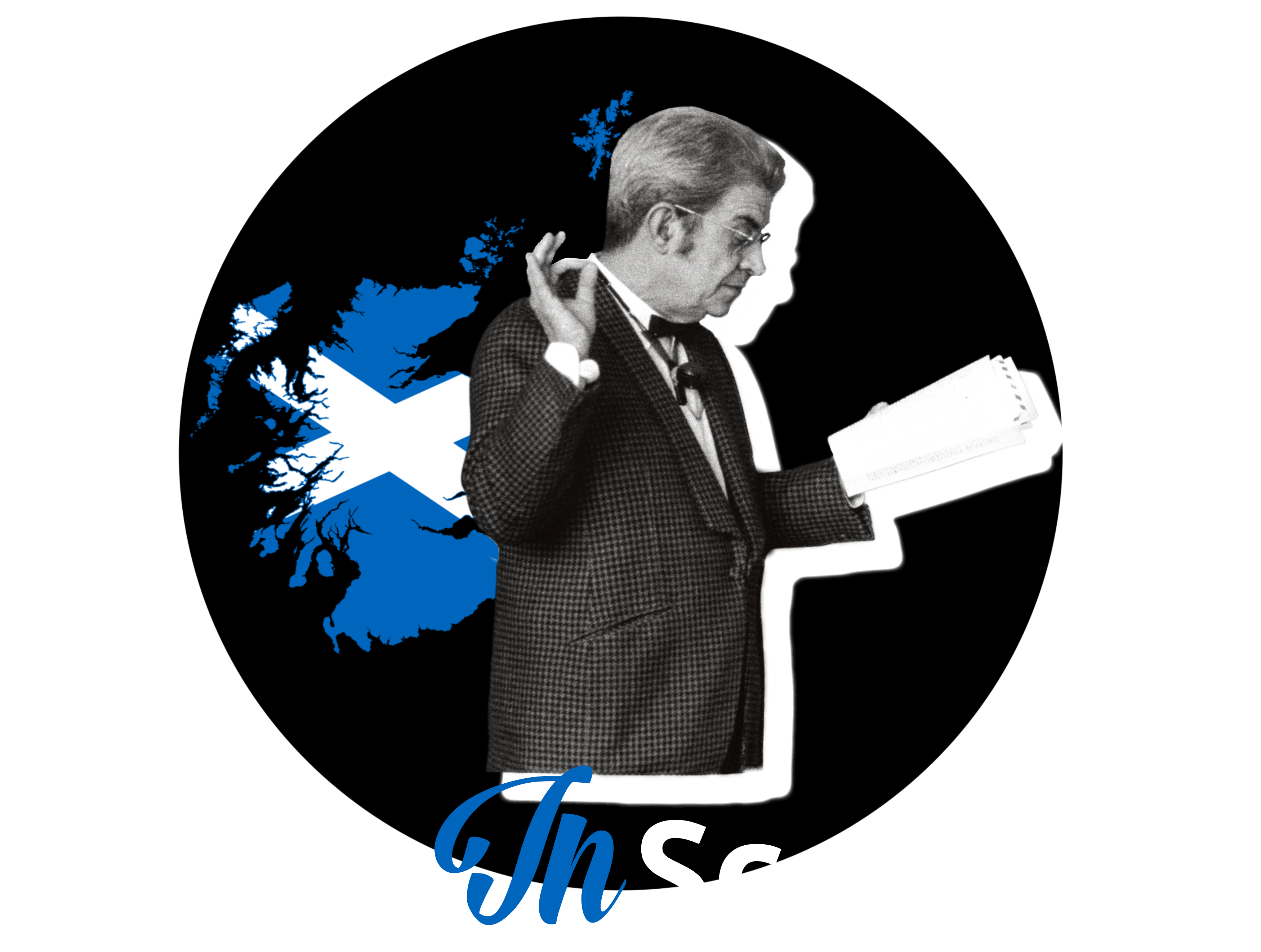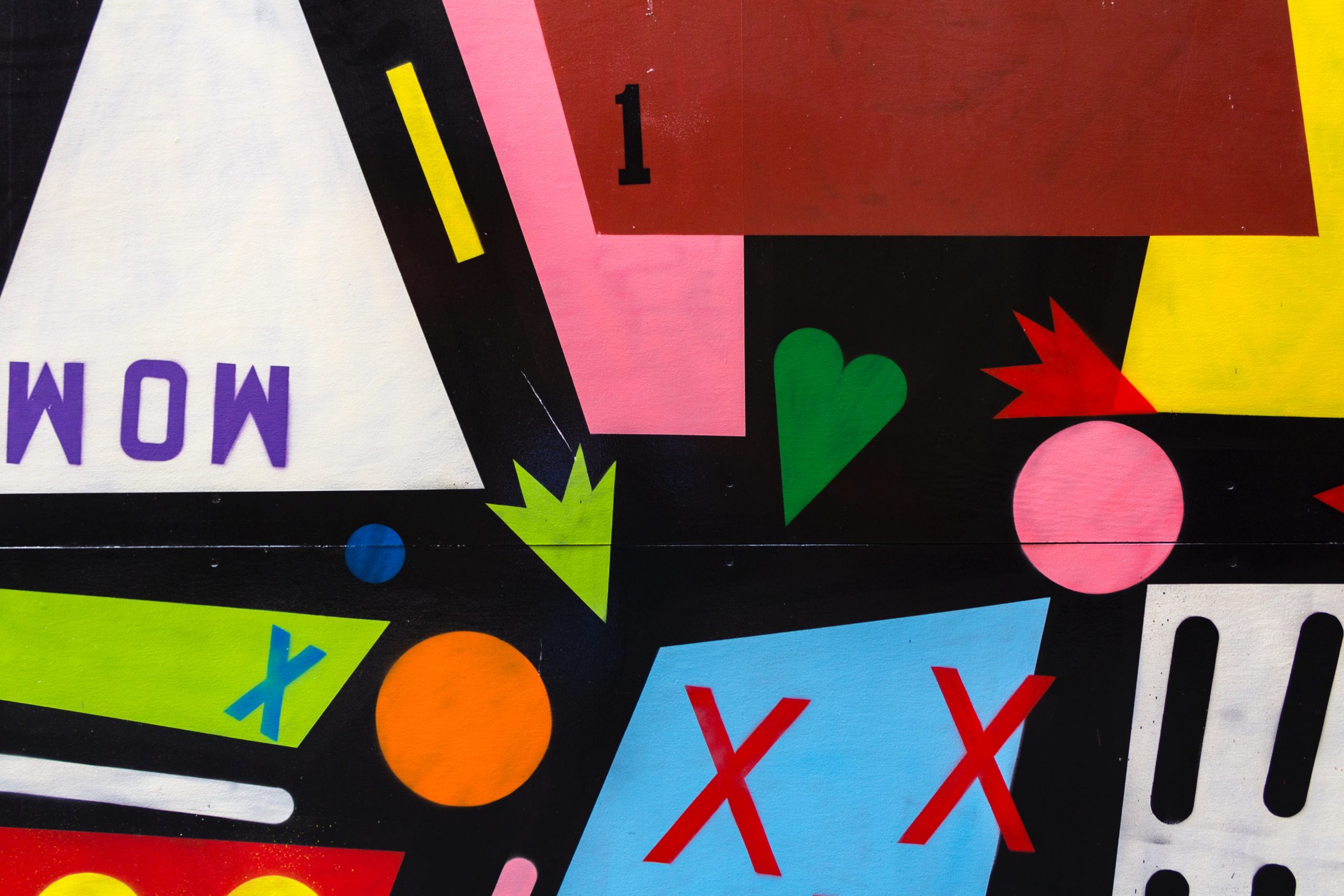Event date and location: 29 September 2022, Online (Zoom)
This Lacan in Scotland seminar ‘A History of the Other: Sex, Kinship and the Conditions of Psychoanalysis” took place on Zoom on Thursday 29 September 2022.
Why did psychoanalysis emerge when it did – and what is its debt to these historical conditions? In this presentation chaired by Dr Calum Neill (Director of Scotland), Gabriel Tupinambá (psychoanalyst) proposes a speculative hypothesis which includes psychoanalysis in the history of the transformations of the logic of affinity and kinship under the consolidation of capitalist modernity. The presentation is followed by a discussion with the audience:
Video 1 of 2: Presentation by Gabriel Tupinambá
Description of the event:
In a critical dialogue with Eduardo Viveiros de Castro, Phillipe Descola and Christian Dunker, Gabriel Tupinambá suggests that one of the characteristic traits of modern sociality is that kinship structures organizing human social reproduction do not constitute a common “world”, conditioning the emergence of social practices that recognize and intervene upon the “individual myths” we need to create in order to suture our fractured kinship histories into social reality. This thesis is quite acceptable in its content, but it is the form in which it is proposed – using resources from Kojin Karatani’s theory of the modes of intercourse and Alain Badiou’s formal theory of world logics – that claims some originality, especially since it allows us to derive some crucial ideas, such as Lacan’s RSI or his theory of sexuation, out of a more general conceptual framework, itself compatible with historical materialism.
GABRIEL TUPINAMBÁ is a psychoanalyst who lives in Rio de Janeiro, Brazil. He is the author of “The Desire of Psychoanalysis: Exercises in Lacanian Thinking” (NUP, 2021) and the co-author of “Arquitetura de Arestas: as esquerdas em tempos de periferização do mundo” (Autonomia Literária, 2022), with Edemílson Paraná, and Hegel, Lacan, Zizek (Atropos Press, 2013), with Yuan Yao. He is also a member of the autonomous research collective Subset of Theoretical Practice (https://theoreticalpractice.com)

